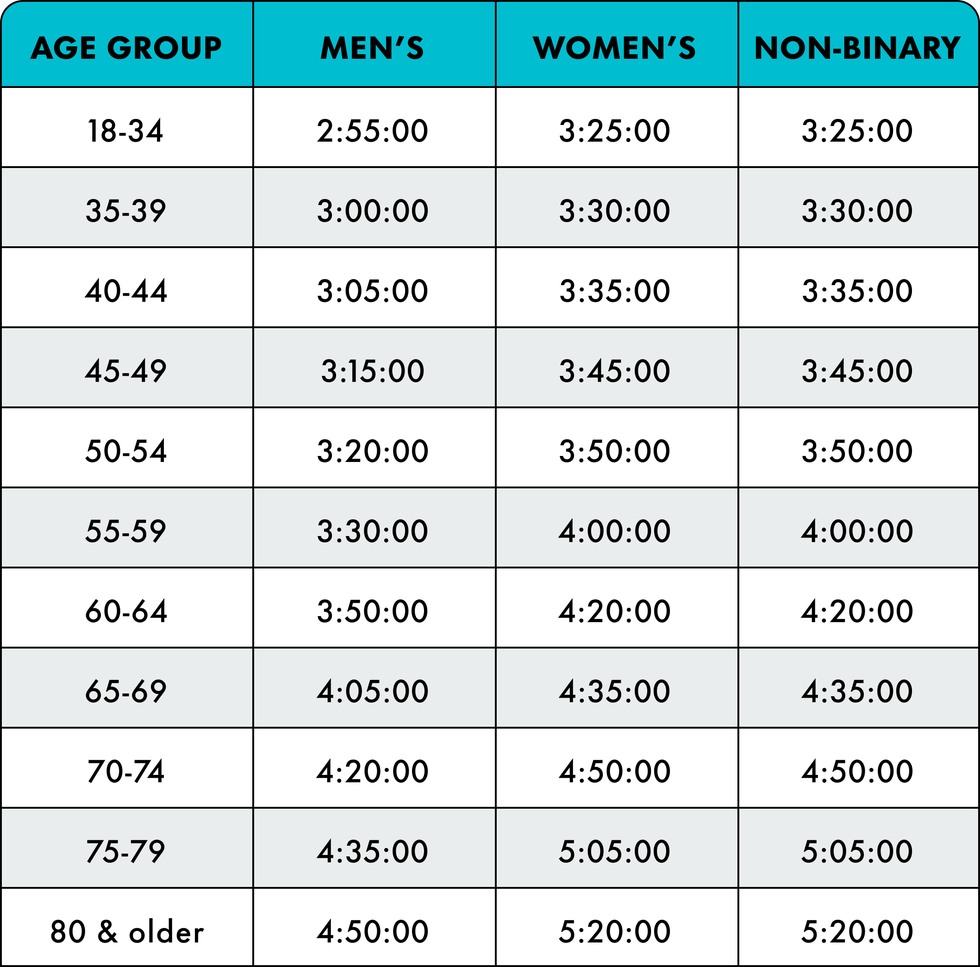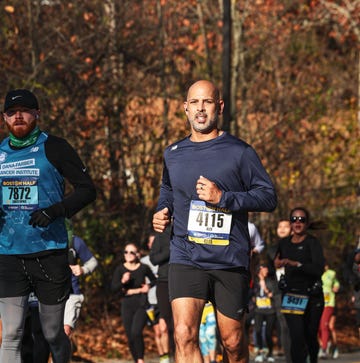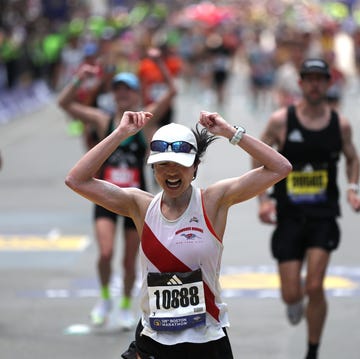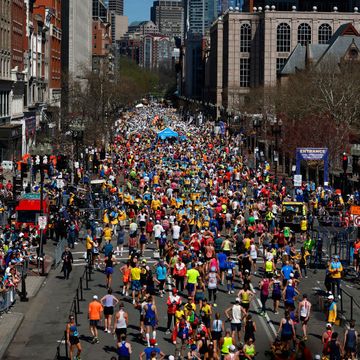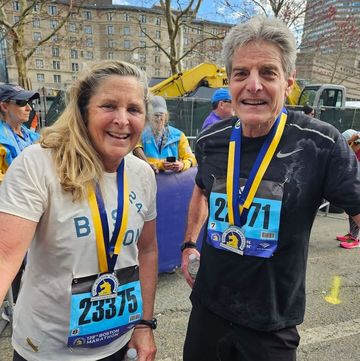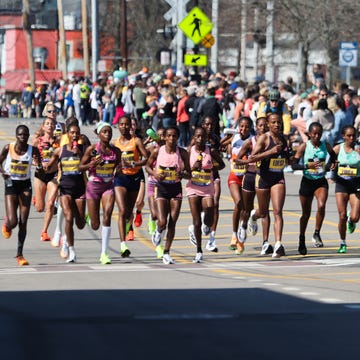It just got even tougher to get into the Boston Marathon.
On September 16, Boston Athletic Association (BAA) officials announced that they made changes to qualifying standards for the 2026 edition of the race. For runners ages 18–59, the times have been made 5 minutes quicker across each age group. For ages 60 and above, the standards remain the same.
Plan Your BQ Race So It Will Count for Two Years:
The BAA said that the change comes after analyzing historical race data and marathon participation levels across the world.
“As we have witnessed in recent years, the sport of marathoning is growing and athletes continue to get faster,” said Jack Fleming, the president and CEO of the BAA, in a press release. “At the same time, demand to participate in the Boston Marathon has steadily grown as well, and unfortunately in recent years we’ve had to turn away thousands of runners who’ve achieved Boston Marathon qualifying times.”
The qualification times were last changed in 2019, when they were also made 5 minutes faster. Fleming said that, in recent years, the organization has turned away runners in the 18–59 age range “at the highest rate.”
The new standards, however, are not the quickest they’ve been in the race’s 128-year history. From 1980 to 1986, the qualifying times were 2:50 for men and 3:20 for women in the 19–39 age group. The field size was then increased in 1987 and the time standards were concurrently made slower.
Shoes & Gear—or “BQing”—does not guarantee entry, though. Because of high registration rates, there is usually a cutoff time that is faster than the standard. Last year, runners had to be 5 minutes and 29 seconds quicker than their respective standards to nab a spot, and 11,039 runners qualified but did not get a bib.
On Monday, the BAA also announced that 36,406 people had registered for the 2025 race—a new record by over 3,000 applicants. Athletes who registered will be notified in early October if they are accepted or not.
Here is a full list of the updated time standards.
Here is a full list of the updated time standards Runner’s World. He’s a former all-conference collegiate runner who has reported on the ground at major events such as the Paris Olympics, U.S. Olympic Trials, and Boston Marathon. He’s run 14:20 in the 5K and enjoys spotting tracks from the sky on airplanes. (Look for colorful ovals around football fields.)

